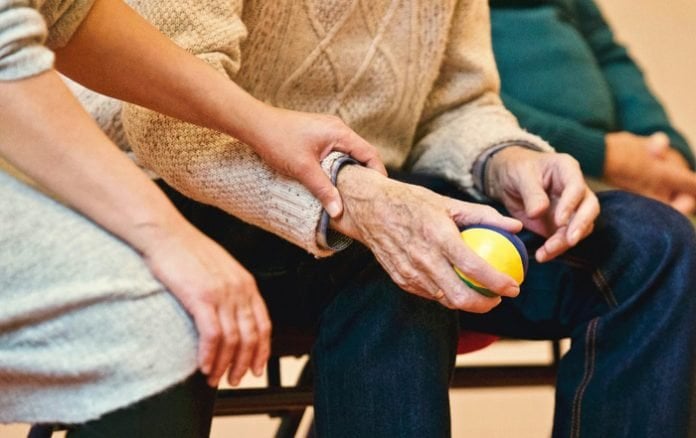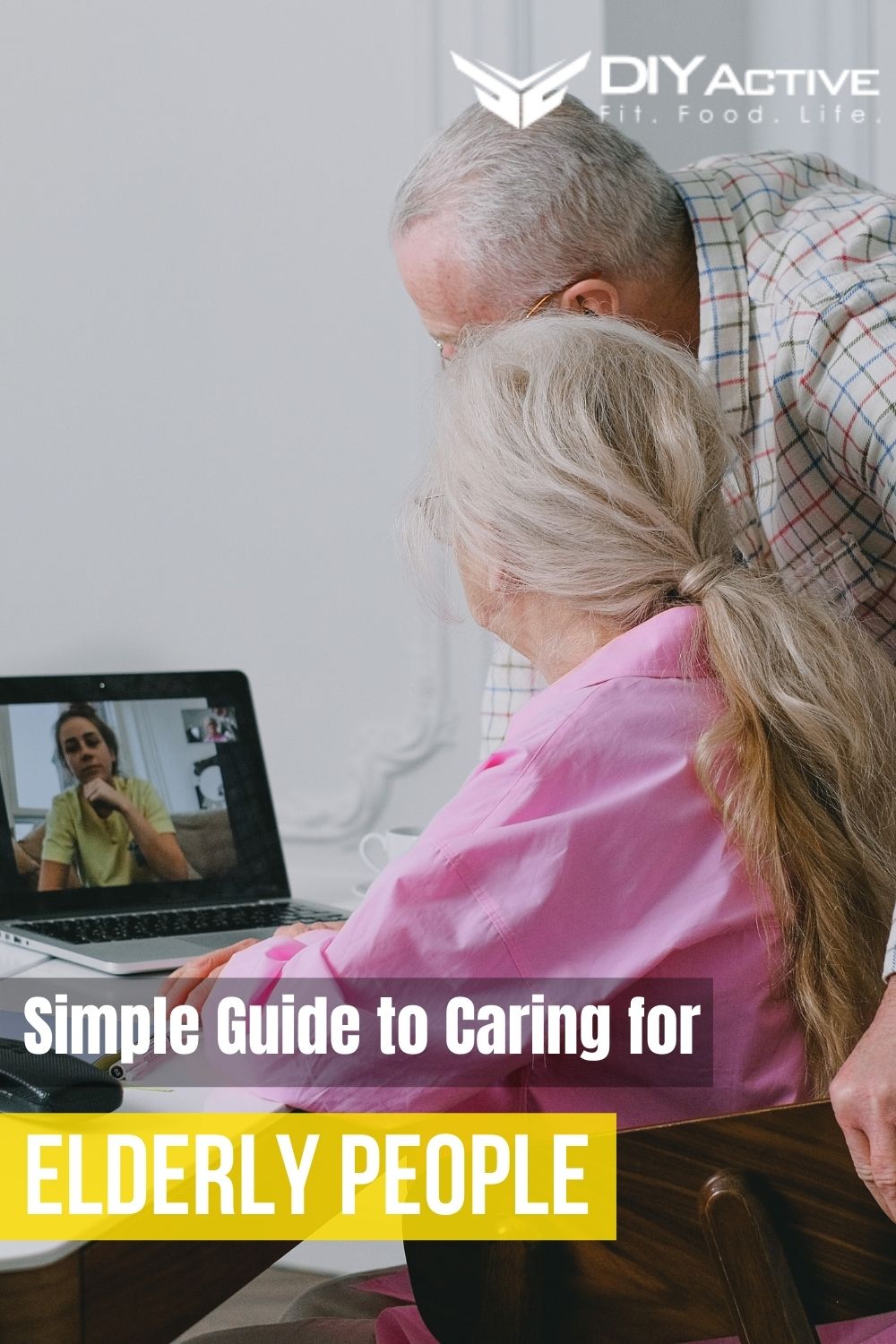
Simple Guide to Caring for Elderly People
In most cases, senior citizens are pleased to age in place in the houses they have continuously inhabited. However, when health problems take over, it may be time for assisted living when health problems take over, whether at a retirement community or at home with an adult child.
Caring for Elderly People
Assisted living is generally the first stage in a senior’s long-term care strategy, after which respite care may be required. In-home care is an excellent method to save money while still keeping an elderly parent comfortable, but having an elderly parent in your home can be stressful for you and other family members.
Some people find that hiring a professional caregiver to come into the house is the best solution for all parties. Older adults generally require more medical care than younger adults. As we age, our bodies become more vulnerable to diseases and conditions such as arthritis, Alzheimer’s disease, cancer, diabetes, and heart disease.
Regular checkups with a primary care physician are essential, as are screenings for conditions such as colon cancer and breast cancer.
Elders Need Help
Some seniors require more help than others to age gracefully. For example, if an elderly parent has difficulty caring for him- or herself, it may be time to consider in-home care services. These services can range from help with activities of daily living such as bathing dressing to more comprehensive care such as wound care, physical therapy, and providing meals. A manual wheelchair could also be a good idea.
In-Home Services
In-home care services are generally less expensive than nursing home care, and they allow seniors to age in place in the comfort of their own homes. If you are considering in-home care for an elderly parent, research the various agencies that provide these services.
Ask about their experience caring for older adults, rates, and policies regarding overtime and cancellations.
It is important to remember that in-home care is a temporary solution. Most seniors will eventually require nursing home care or another type of long-term care.
However, in-home care can provide a much-needed respite for caregivers and ensure that elderly parents receive the care they need while they are still able to live independently.
Visit Them Often
If your elderly parent lives in a nursing home or assisted living facility, visit often. These visits will allow you to check on your parent’s physical and mental health and make sure that they are receiving the needed care.
In addition to visiting your parent, you should also stay in touch by phone or email. This will help you spot any changes in your parent’s condition and ensure that they are getting the needed care.
Assess How Much Care is Needed
It can be challenging to determine how much care an elderly parent needs. If you are unsure, it is best to err on the side of caution and provide more care rather than less. In most cases, it is better to be safe than sorry.
In most cases, senior citizens are pleased to age in place in the houses they have continuously inhabited. When health problems take over, it may be time for assisted living, whether at a retirement community or at home with an adult child.
Assisted living is generally the first stage in a senior’s long-term care strategy, after which respite care may be required. In-home care is an excellent method to save money while still keeping an elderly parent comfortable, but having an elderly
Wrap-Up
The above are just a few things that you need to keep in mind when caring for older adults. For more information, be sure to speak with your physician or another medical professional.
Photo by Matthias Zomer
Photo by SHVETS production



